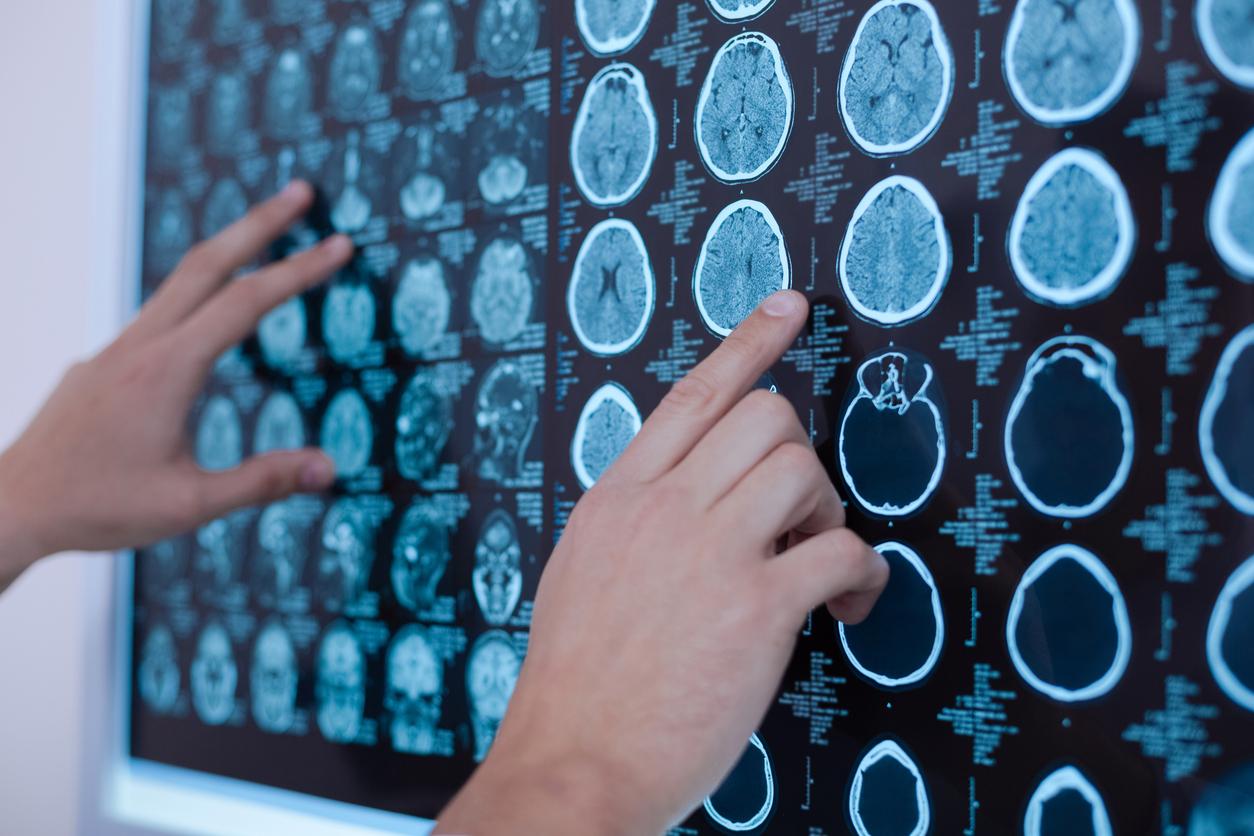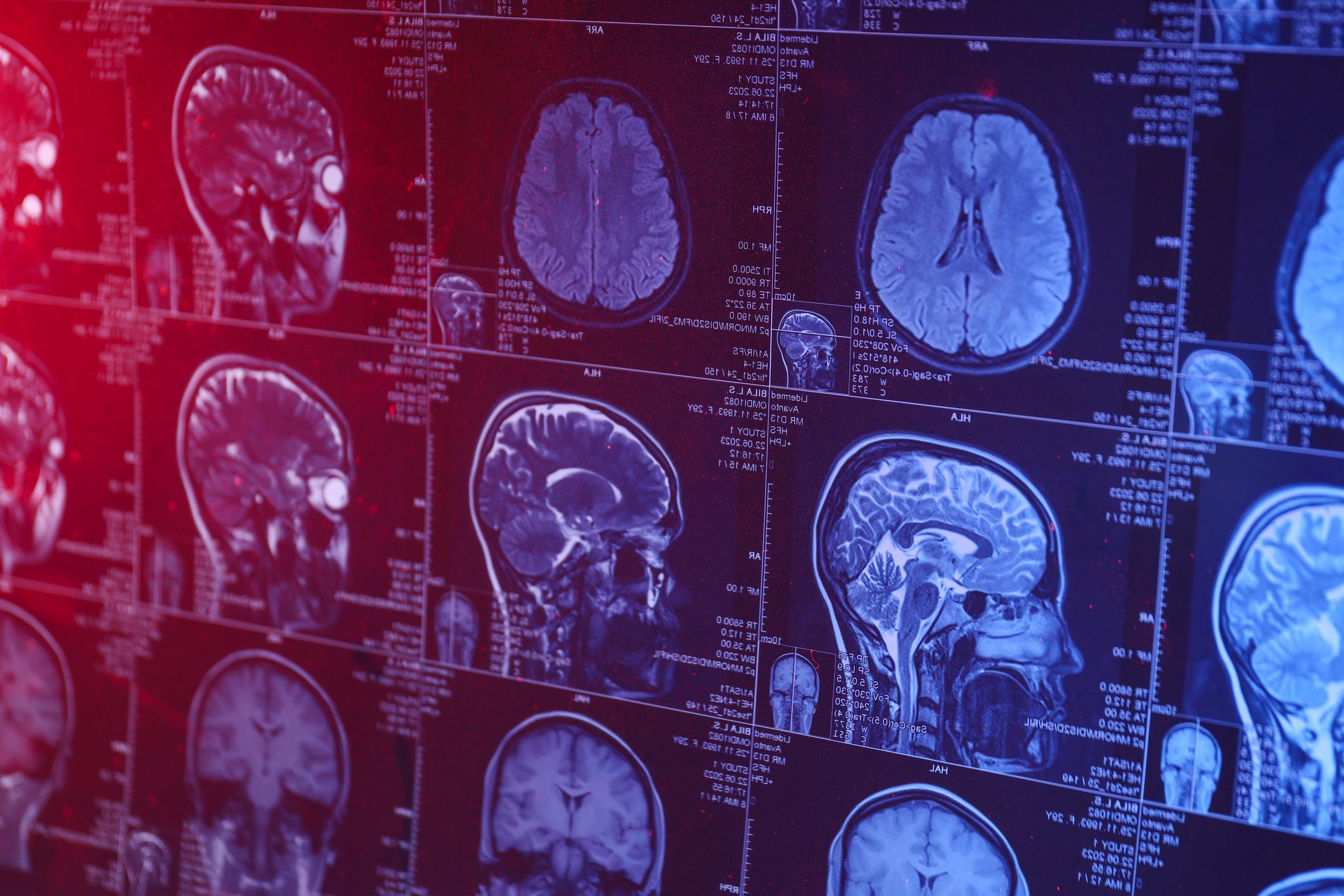Specific neurons are responsible for managing learning related to negative experiences in the brain.

- Our brain learns from the experiences we have, whether they are successes or failures.
- Researchers have discovered the brain processes linked to negative experiences.
- Specific neurons are associated with these processes.
How do we learn from our mistakes or failures? Researchers from the Institute of Experimental Medicine in Budapest, Hungary, have been looking at the brain processes that enable us to learn from these negative experiences. In Nature Communicationsthey explain having discovered that neurons are dedicated to these tasks.
How does our brain deal with negative experiences?
“Some neurons that release the neuromodulator “dopamine” respond with an increase or decrease in their activity, depending on whether the results are better or worse than expected, they explain in the preamble. At the same time, there is ample evidence that other parts of the brain handle ‘negative’ and ‘positive’ in fundamentally different ways.” To differentiate brain learning based on the success of the experience, they named the failure-related process: ““Beware of aversive learning”. Professor Balazs Hangya’s team used a technology called optogenetics to make specific cells sensitive to light to better understand their role.
A study on mice to understand “aversive learning”
They were interested in neurons called HDB-PV.”These HDB-PV neurons have previously been shown to have excitatory effects on the neocortex at both short and long time scales, and to control fast cortical brain waves called gamma oscillations, which are important for cognitive processes.”they warn. In previous work, they observed their role in mice. Events considered aversive, such as an unexpected puff of air on the face, which surprises the mice or the smell of a predator, caused an activation of these neurons.
Using optogenetics, the researchers tested the reactions of HDB-PV neurons to light.These techniques allow precise activation or suppression of neuron activity by programmed delivery of light into brain tissue via small optical fibers.indicates a communicated. They found that activation of HDB-PV neurons did not elicit avoidance behavior in mice, suggesting that this pathway is not involved in active avoidance such as shelter seeking, but more likely mediates attention and/or aspects of learning induced by aversive stimuli.“A second experiment activating these neurons using light showed that they are indeed involved in learning related to aversive stimuli: when the neurons are blocked, the mice are unable to learn from these unpleasant experiences, nor to anticipate them.

Depression and anxiety: future applications of this work
For the authors, this study could have implications in the management of certain psychological disorders.Dysregulation of the processing of positive and negative experiences can be observed in various psychiatric disorders, including anxiety and depression.they recall. It is therefore crucial to understand how negative experience is encoded in the brain and how it contributes to learning.e.”

















